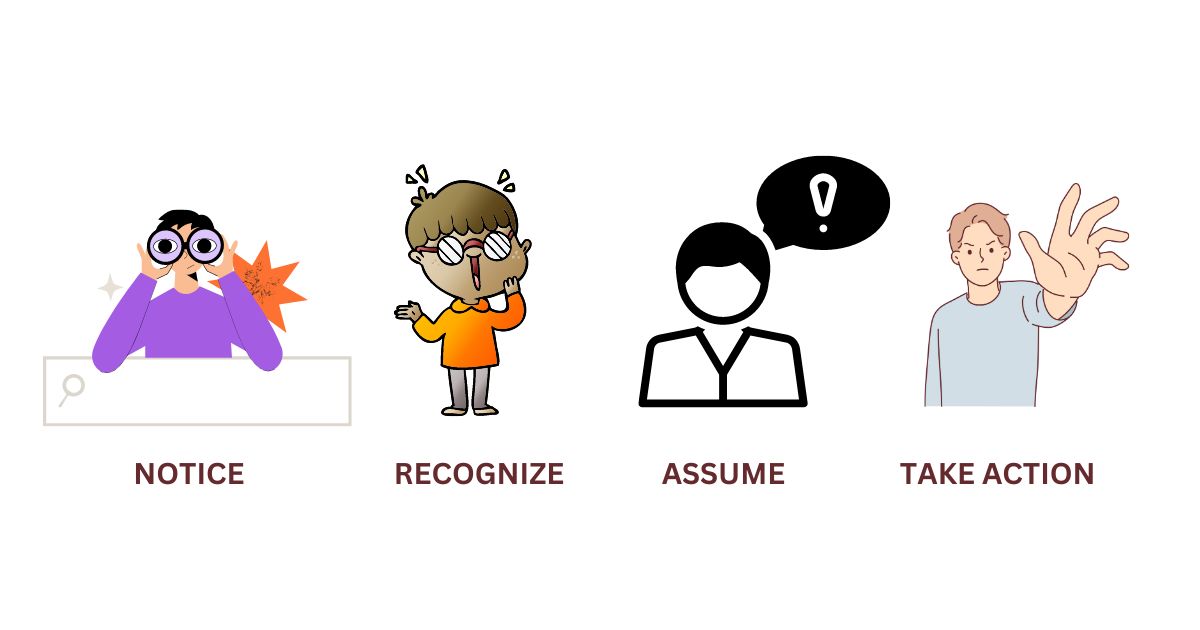What should seniors and their caregivers be aware of with the recent announcement of the swine flu virus?
Seniors are always impacted more by illnesses because their natural defenses are no longer as strong to fight diseases and their bodies may already be weakened by age-related illnesses. A geriatric doctor once told me that pneumonia is an old man’s best friend as he had so often seen it be the cause of death when a senior was successful in fighting every other age-related disease. Seniors and their Caregivers should be extra careful to be aware of the symptoms of the swine flu virus in order to take quick action if they occur.
The Department of Health and Human Services issued the declaration of public emergency as a routine step to make sure we stay aware and take precautions. If a senior develops any signs of illness, as always, you should call their doctor and follow their advice. The health alert was issued to assist Americans to learn about the illness in order to prevent further spread of the virus in the U.S.A. The good news is you do not get the swine flu from eating pork.
What are the symptoms of swine flu?
The symptoms of swine flu are very similar to the symptoms of regular human seasonal influenza and include fever, lethargy, lack of appetite and coughing. Some people with swine flu also have reported runny nose, sore throat, nausea, vomiting and diarrhea.
Can humans catch swine flu?
Swine flu viruses do not normally infect humans which is why this outbreak has caused some alarm. The causes of human infections in the past have been extremely rare but have occurred when a person had direct contact with pigs with the disease, which happened in Wisconsin in 1988. People who interact with pigs as farm workers usually are the ones who first contract the swine flu illness and then spread it to other humans.
How common is swine flu infection in humans?
The Center for Disease Control reports approximately one human swine influenza virus infection every one to two years in the U.S., but from December 2005 through February 2009, 12 cases of human infection with swine influenza were reported.







